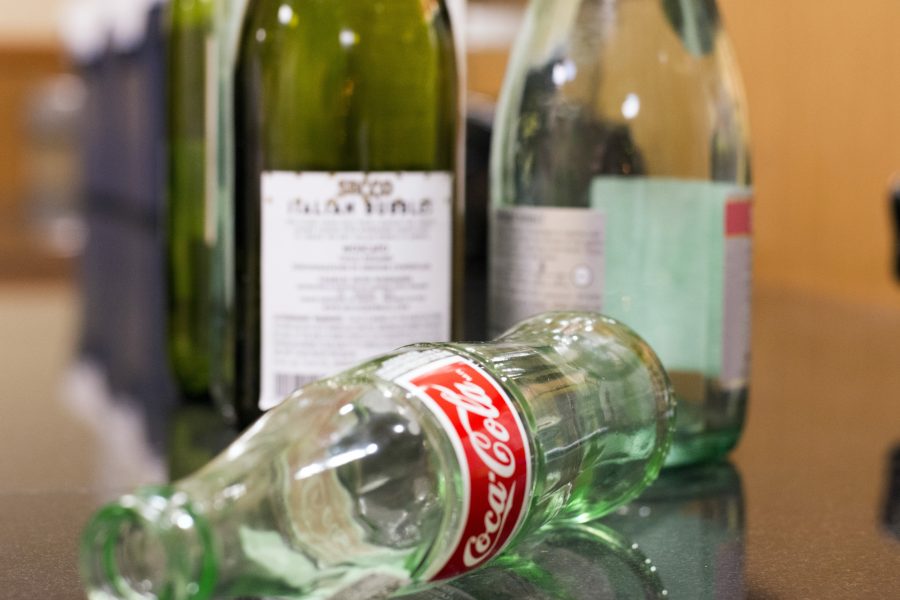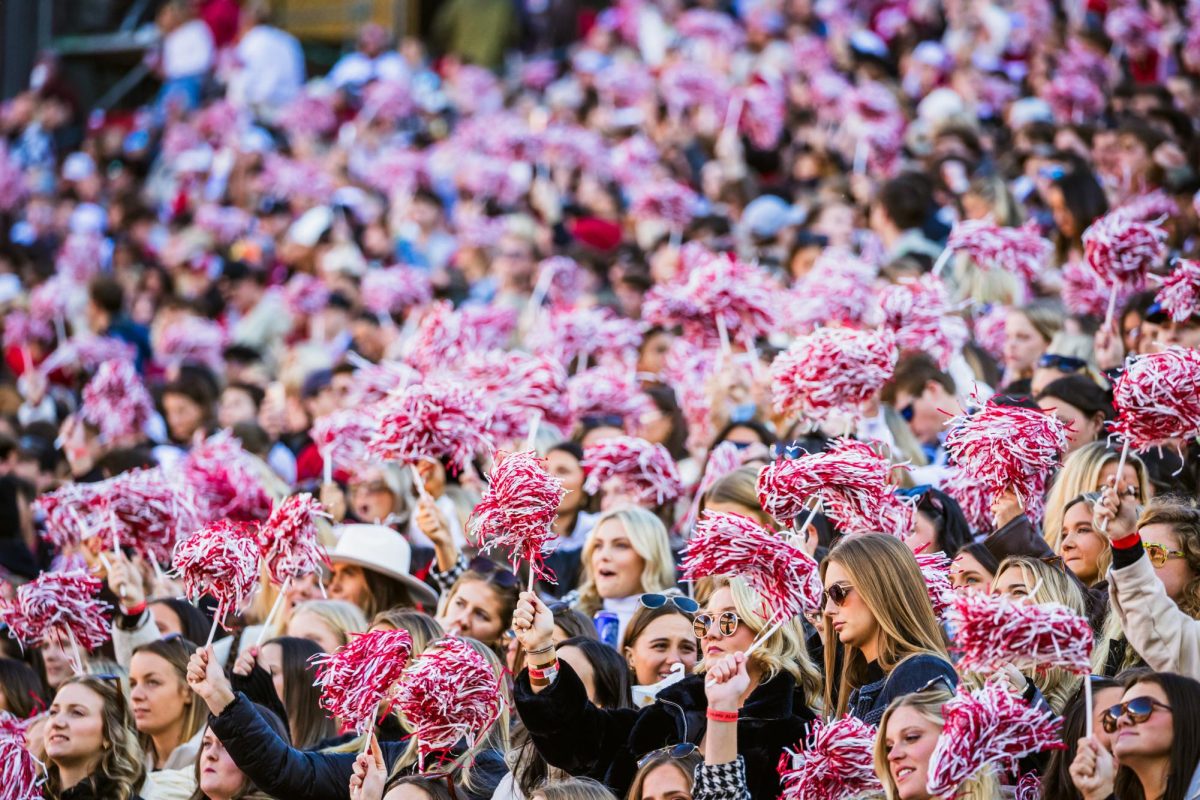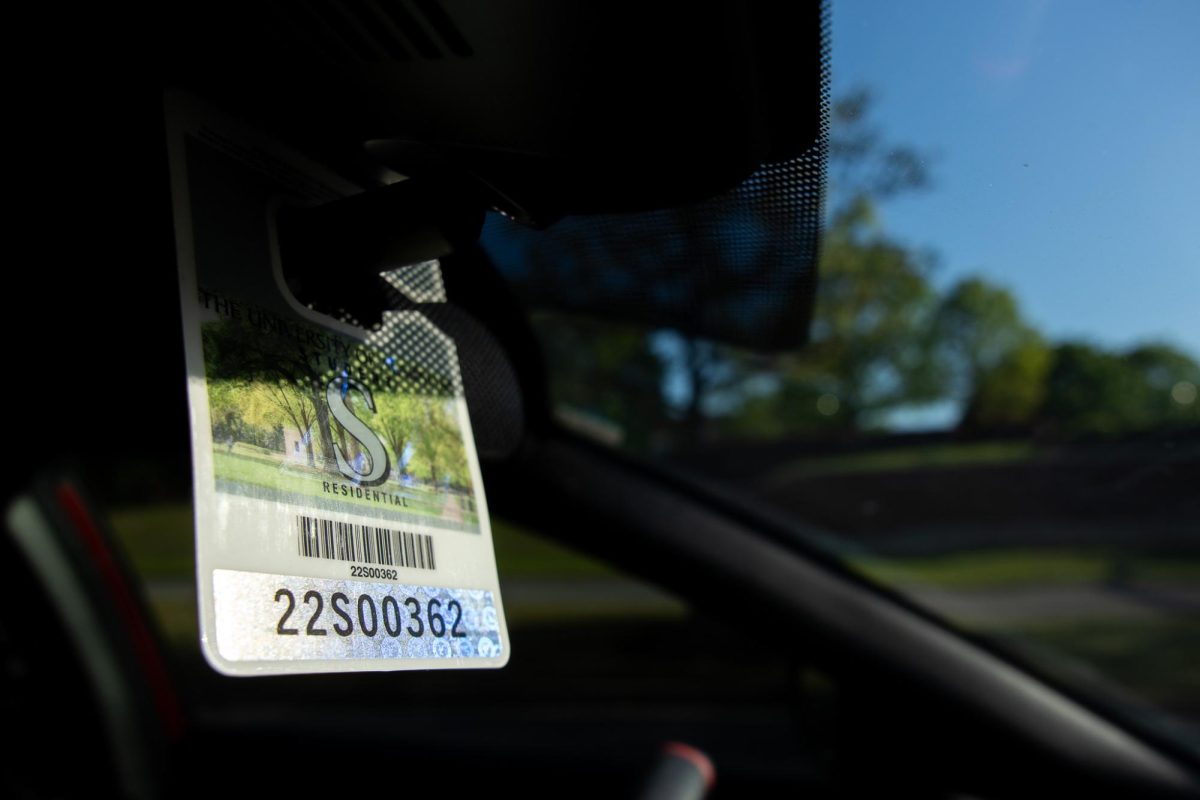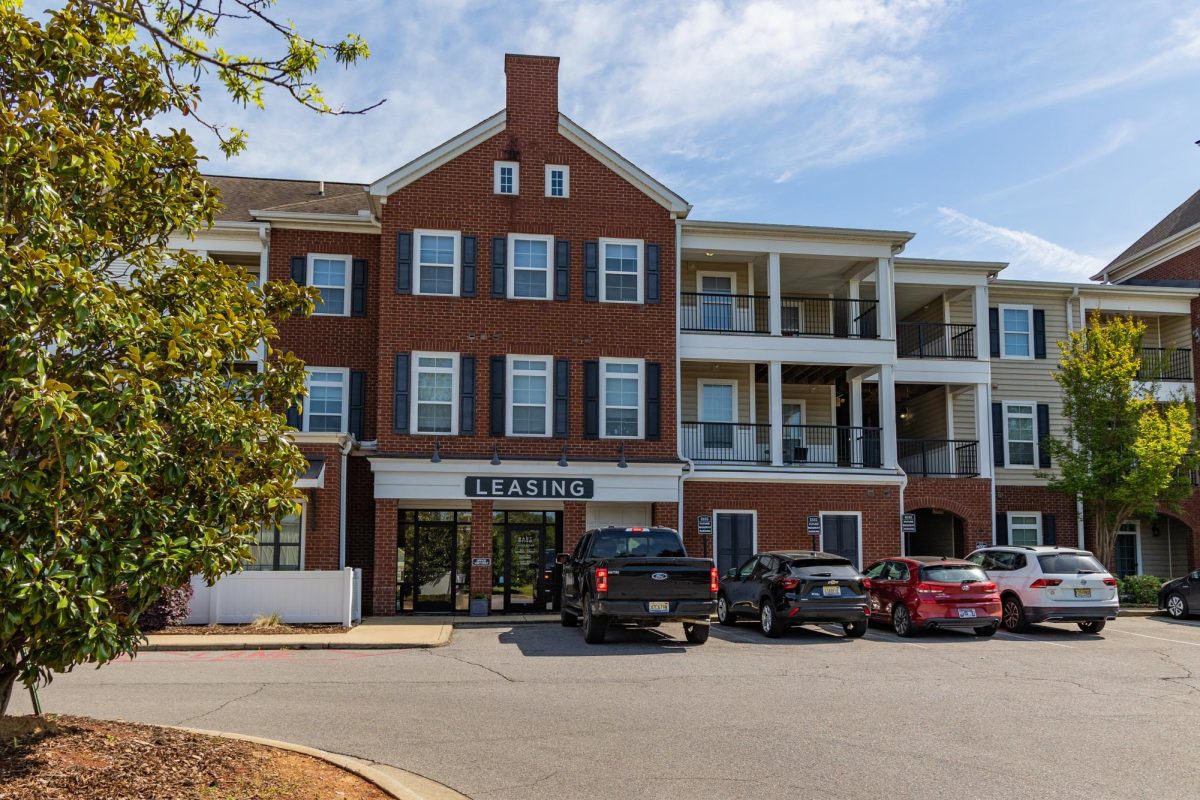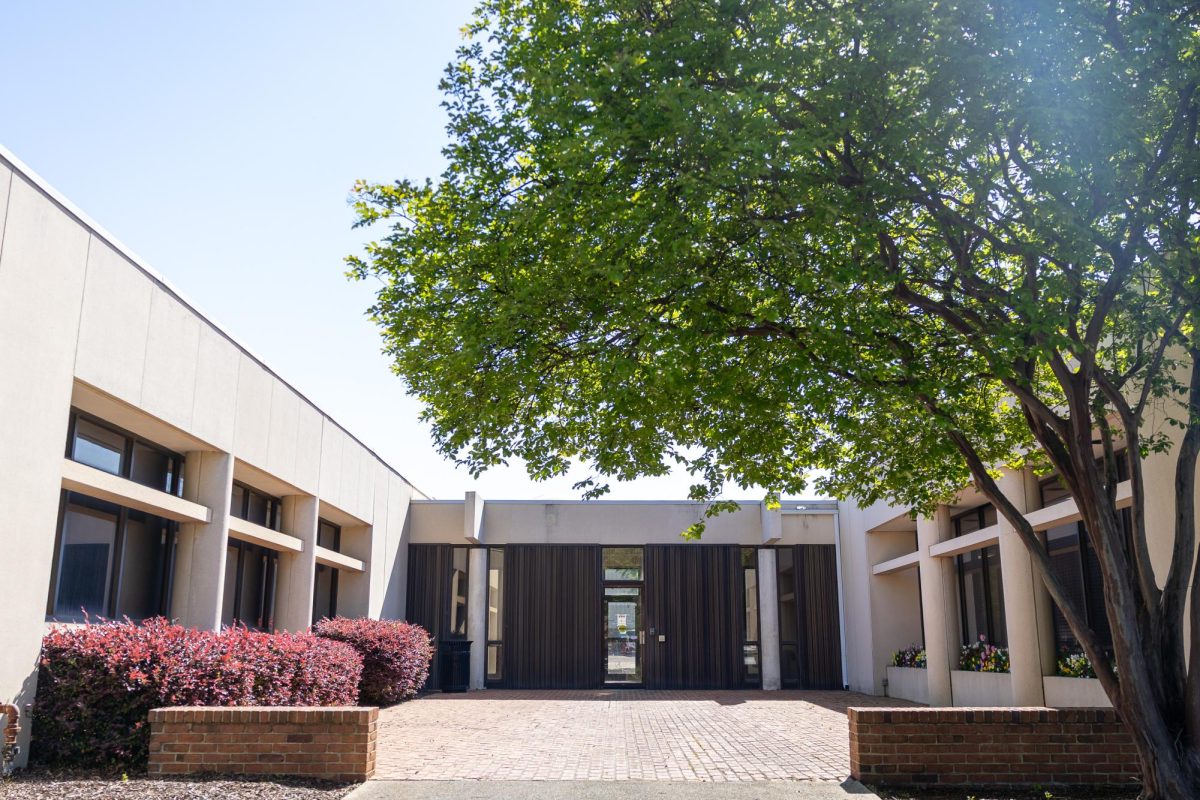The city of Tuscaloosa’s new glass pulverizer has yet to be installed, but that hasn’t stopped residents from dropping off nearly 30,000 pounds of glass to be recycled between July 1 and Sept. 20.
The environmental services department’s new glass pulverizer is not yet fully operational, but the department estimates it’ll have roughly 30 tons, or 60,000 pounds, of glass to pulverize when it’s time. Ashley Chambers, environmental coordinator for the city of Tuscaloosa, said the machine should be installed by the end of the year.
“We’d rather have the glass ready to go rather than plugging in the machine and then waiting,” Chambers said.
Tuscaloosa is the first city in Alabama to recycle glass using a pulverizer, Chambers said. The ESD currently has 30,000 pounds of glass waiting in one of the bunkers in the Kauloosa Avenue plant.
At this time, glass can only be recycled through the drop-off program. Chambers said this practice is to prevent injury to the collection workers and to keep broken glass out of the streets. For some residents, this precaution may be a roadblock to recycling glass.
“As far as I know, glass recycling is only drop-off right now, which is kind of inconvenient,” said Eliza Sheffield, a senior majoring in public relations. “Most people probably don’t care enough to do it [drop off glass], honestly. So I’m not sure if the problem is really with services offered because once they didn’t recycle glass and now they do, and that’s exciting progress.”
Sheffield said she participates in the city’s drop-off recycling program, a habit learned from her family’s home in North Carolina.
“On one hand, recycling doesn’t really seem to make much difference unless we all do it, but on the other hand, change starts with each of us, so I want to do my part,” Sheffield said.
The lack of a local buyer prevented the city from collecting glass since it began recycling in 2000, but the department found out about a county in Florida that pulverized glass before selling it. Once processed, Chambers said pulverized glass has many options for reusability.
“This stuff is beautiful as landscaping mulch, it’s great as aquarium bed liners, that kind of stuff – that’s awesome,” Chambers said. “We wanted to think more industrial and think about who would use this stuff.”
Some concrete companies prefer to reuse glass that is pulverized rather than mine from rock quarries, Chambers said.
Julia Whitten, a senior majoring in environmental sciences, said she would also rather reuse products like glass.
“I recycle glass because it’s such a useful product and it cuts back on demand for new glass products,” Whitten said. “I’ll do whatever else is possible or makes sense before buying new products – reusing materials, repurposing items and recycling what I won’t reuse.”
The moneymaking potential in recycling makes it the ESD’s “sexy” division, according to Chambers.
“What I think a lot of people miss when it comes to recycling is this stuff has value,” Chambers said. “You know, we’ve got to pay to throw this stuff [garbage] away, but we’ll take recyclables from you for free, and then the city makes money when we go to sell it.”
The recycling arm of the department makes roughly the same amount as the garbage division spends, making the ESD one of the only city departments to bring in revenue. For example, Chambers said a bale of reclaimed material brings in an average of $350, but aluminum or steel can bales can be sold for up to $700 or $800.
“It’s a win-win-win for the city, and that’s what we’re trying to show the consumers,” Chambers said.
The department has had fun with the glass drop-off since it started. Chambers said she can hear the glass drop-offs from inside the ESD building.
“Just the other day we had an older couple who had barrels full [of glass], and I ran down there to give them a little prize or something,” Chambers said. “She was like, ‘I used to do crafts with glass, but I’m just tired of looking at it and I’ve been trying to recycle and I was afraid Target was judging me.’ ”
Chambers said one of the next items the ESD might address is collecting glass bottles from Tuscaloosa’s growing bar scene.
To Whitten, method isn’t the biggest principle for her.
“My thought is, no matter where the actual recycling is being done, at least now this type of recycling has exposure in Tuscaloosa and people may think differently about the way they use and dispose of products and materials,” Whitten said.



